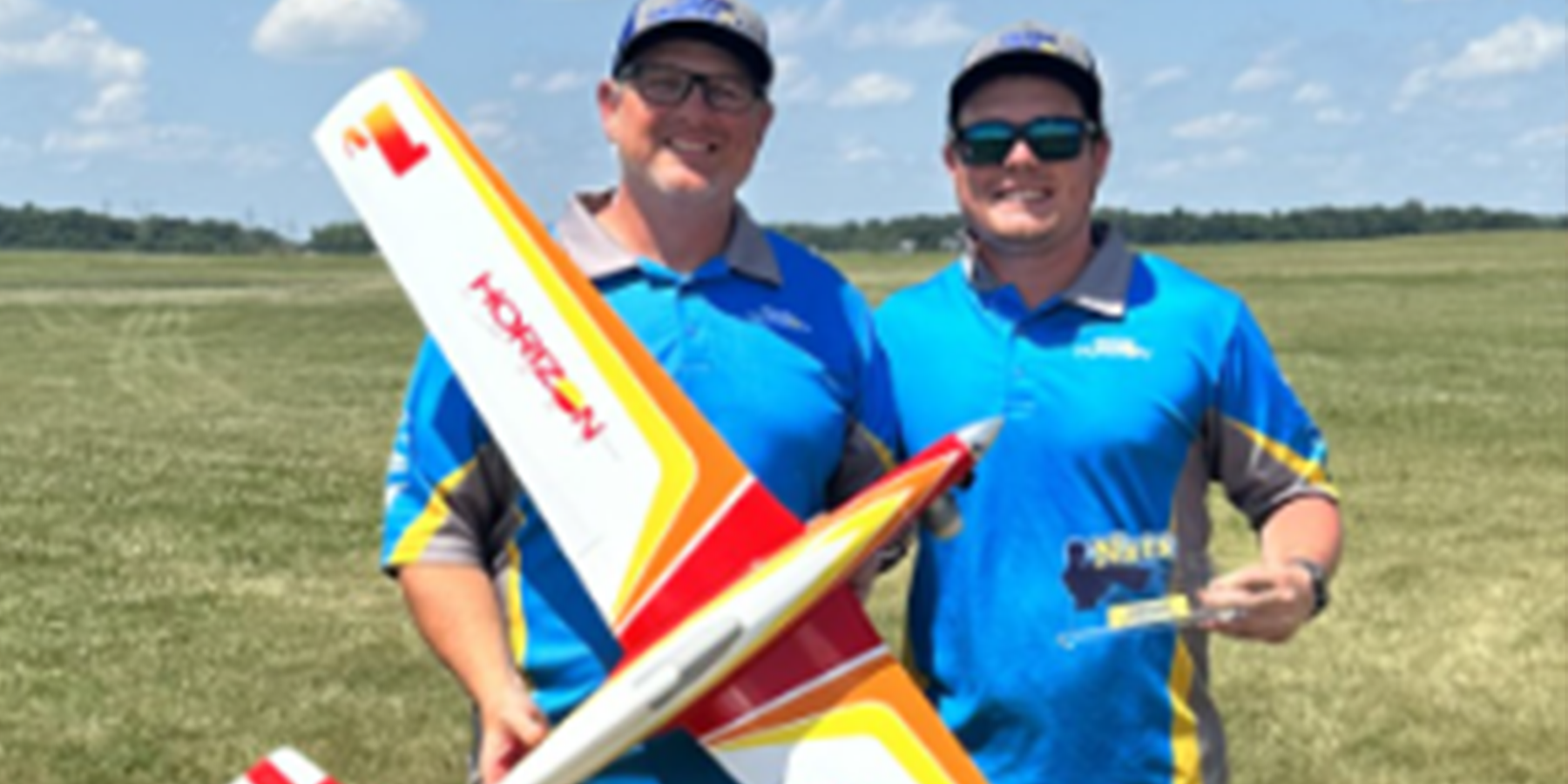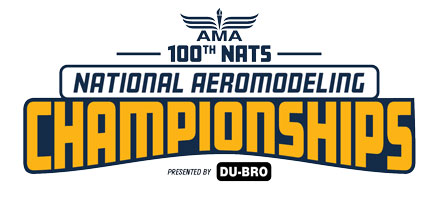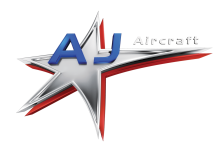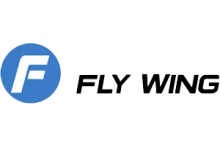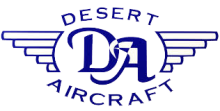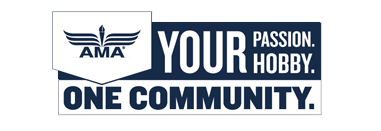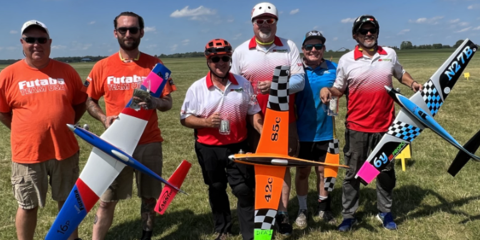
By Dan Kane
The last day of Pylon has arrived. We ended up with rain on the first day of competition. However, even though the threat was present for a couple of days later in the week, it held off and we didn’t miss a beat. The workers performed nearly perfectly all week, and I only remember one refly. The turnaround time for heats was in the five-minute range which is pretty good and allowed for tons of flying.
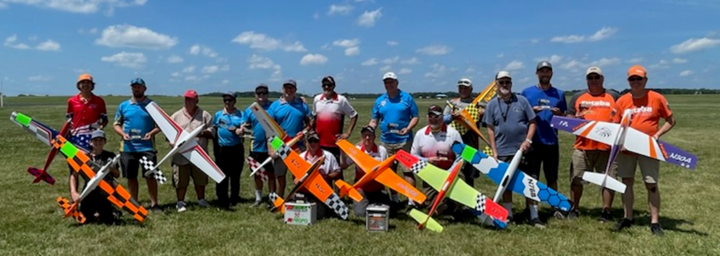
We flew 56 heats of 424, 88 heats of EF-1, 136 heats of 426 qualifying, 35 heats of 426 finals, and 160 heats of 422 for a total of 475 heats of racing. This made for some long days and fast racing. None of this is possible without the help of some key people. Mike Condon was the contest director for the event and kept all of the workers organized. This was Mike’s 17th time running the Pylon Nats, and we owe him a huge thank-you for the efforts of him and his workers. Two others that really make the Nats possible are Tom Melshimer and Chuck Andraka. Tom was responsible for the race operation equipment. Tom’s system has been used for the last several years and has been perfect from the start. Chuck was responsible for the Matrix generation and the scoring tabulation and posting. Again, we can’t do what we do without guys like Mike, Tom, and Chuck. Thank you.
The overall Pylon champion is the pilot with the best combined scores from AMA 426 and AMA 422. This year, Mark Parker from Texas earned the Pylon overall champion award. It was quite an accomplishment, and Mark’s flying was perfect all week long. In addition to the overall champion, an “Iron-Man” award was given to the top pilot from all four events. Trey Witte earned this Iron-Man award. Not only did he compete in all four events, but he is also the president of the National Miniature Pylon Racing Association, a thankless position that coordinates all of the activities for the week.
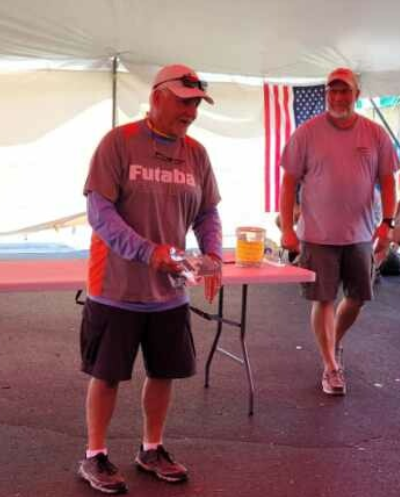
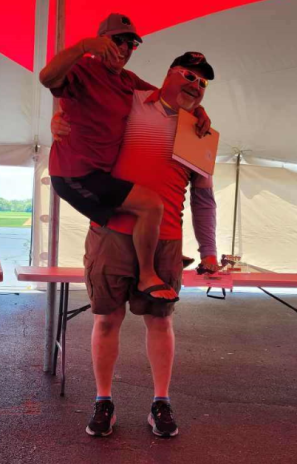
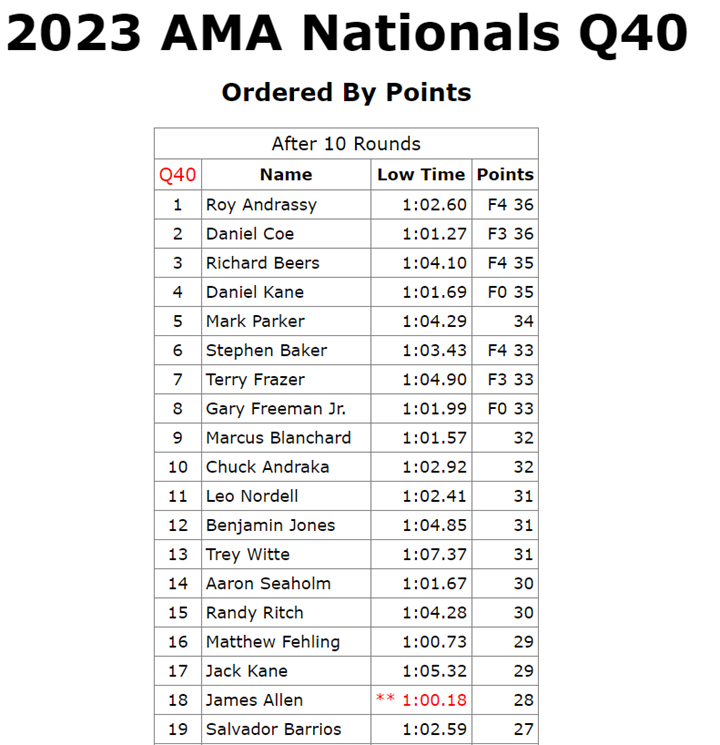
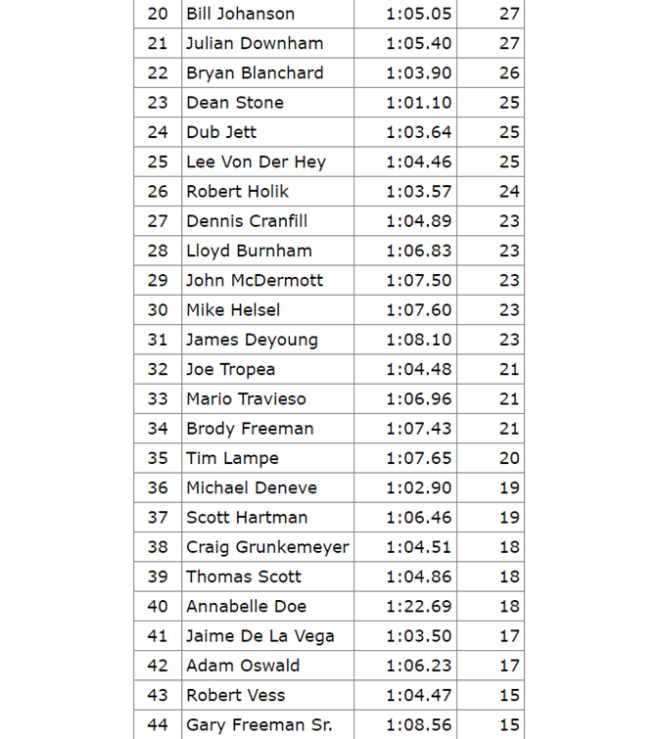
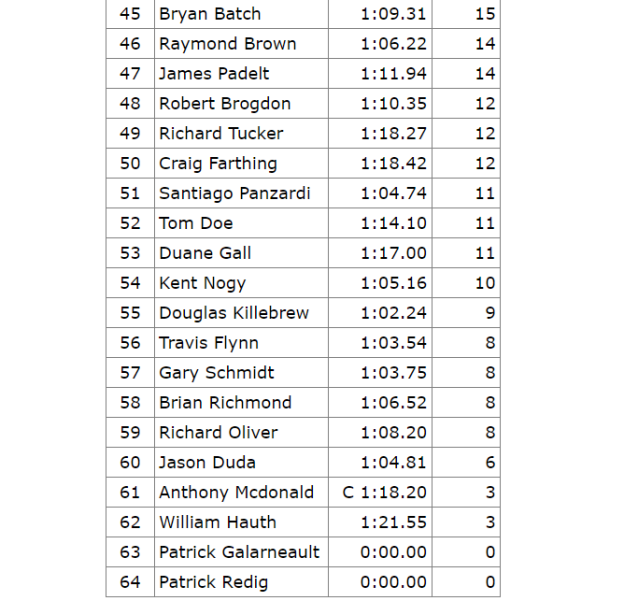
Today, we flew the final four rounds of the scheduled 10 rounds. Roy Andrassy of Canada bested all others and is our 2023 National Champion. Roy and his caller, Chuck Andraka, were tough all week and needed one final heat to take home the championship. Roy and Dan Coe finished with a tied score, and a flyoff was required to determine the winner. After the awards were distributed, a new format was flown.
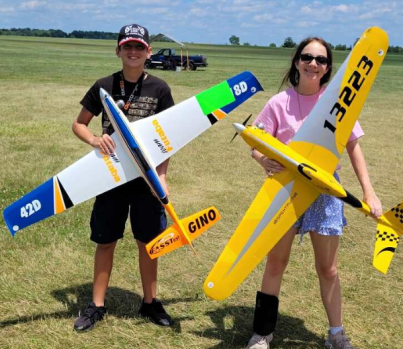
The plan for the Super Final was to fly the fastest 16 pilots in four heats of four. The four winners would then have a flyoff to determine the Super Final winner. Lee VonDerHey put up $500 cash to the winner and challenged others to contribute. In the end, $960 was collected. We ended up with nine pilots competing instead of 16, and a 3 x 3 matrix was used. Dan Coe won the first heat, Salvador Barrios won the second heat, and Bryan Blanchard won the third heat. These three then flew head-to-head to determine the Super Final winner. Bryan Blanchard earned his first-place finish. The money was split between the three pilots. Bryan took home $500, Dan took home $300, and Salvador took home $160.
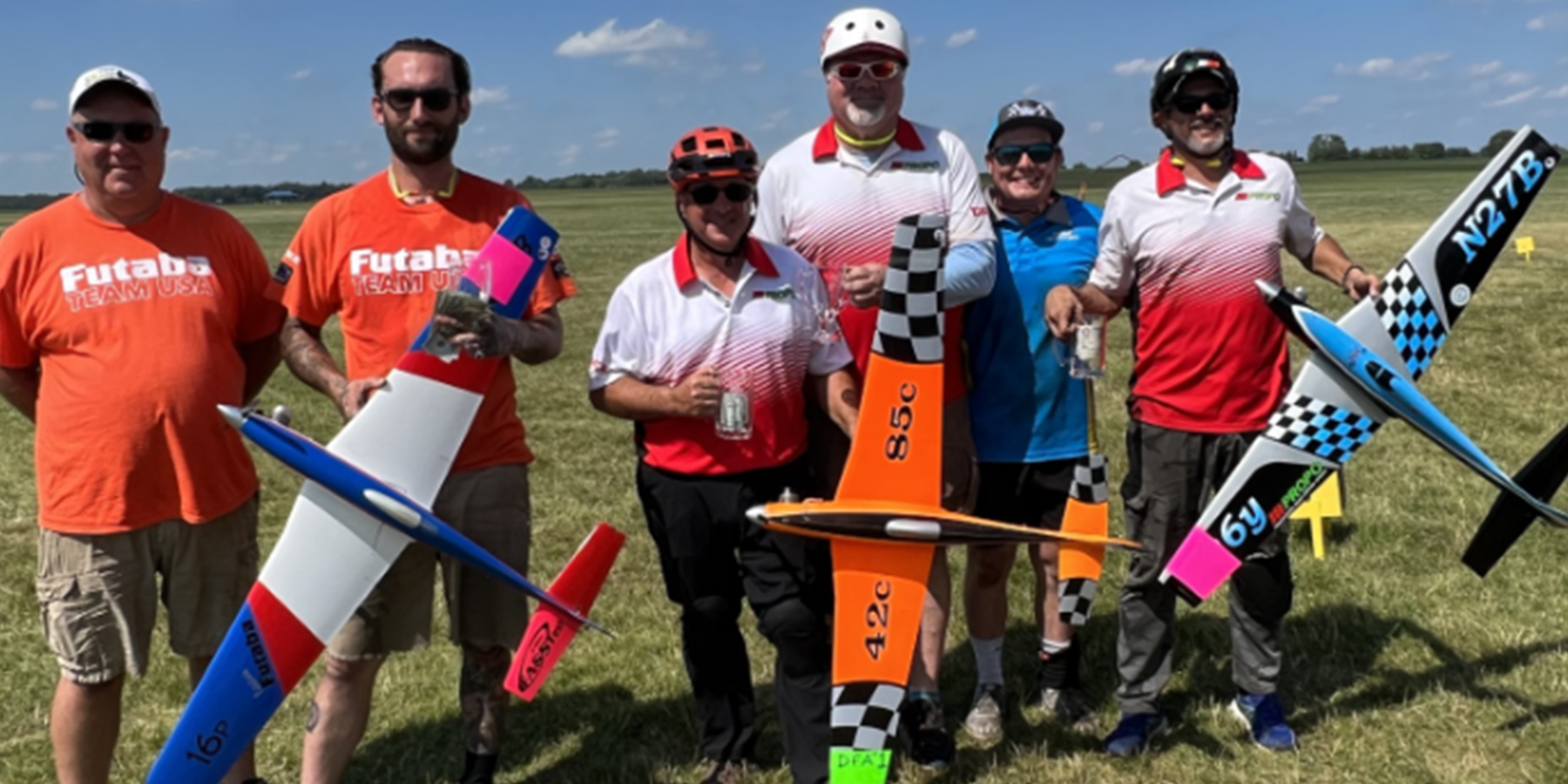
With that, the grind is over for this year. I, personally, will need a month to recover from the grueling week-long competition. I can’t wait to do it again. Hanging out with buddies from across the country and competing is what keeps me coming back for more.
